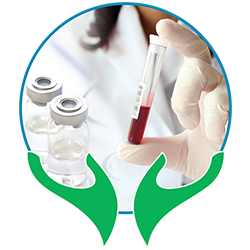-
 Follicle Stimulating Hormones
Follicle Stimulating Hormones Follicle Stimulating Hormones - Parameters: 0
Follicle Stimulating Hormones
-
 Free Androgen Index
Free Androgen Index Free Androgen Index - Parameters: 1
Free Androgen Index
-
 Free Thyroxine
Free Thyroxine Free Thyroxine - Parameters: 1
Free Thyroxine
-
 Lipid Profile
Lipid Profile Lipid Profile - Parameters: 7
Lipid Profile
-
 Luteinizing Hormones
Luteinizing Hormones Luteinizing Hormones - Parameters: 0
Luteinizing Hormones
-
 Sex Hormone Binding Globulin
Sex Hormone Binding Globulin Sex Hormone Binding Globulin - Parameters: 1
Sex Hormone Binding Globulin
-
 Testosterone
Testosterone Testosterone - Parameters: 1
Testosterone
-
 Thyroid Function 1 [TF1]
Thyroid Function 1 [TF1] Thyroid Function 1 [TF1] - Parameters: 3
Thyroid Function 1 [TF1]
-
 Thyroid Stimulating Hormone
Thyroid Stimulating Hormone Thyroid Stimulating Hormone - Parameters: 0
Thyroid Stimulating Hormone










